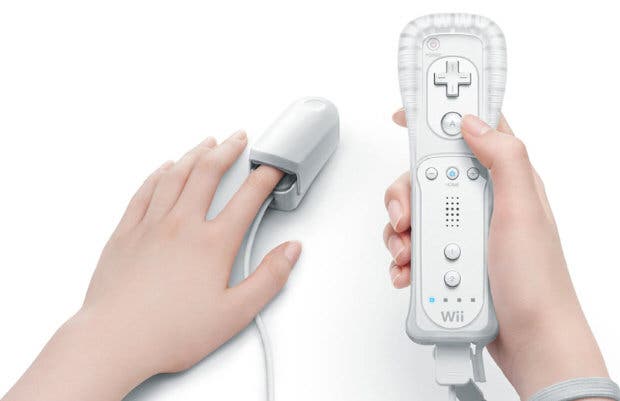Where Wii's At
Taking stock of the Revolution.
That's an attach rate of 8.2 per Wii console. There is, however, a crucial difference between the PS2 and Wii stories: software. The PS2's success, particularly in later years, has to be attributed to its ongoing third-party software library – in the year its price hit $150, the PS2 hosted GTA: San Andreas, Burnout 3: Takedown, Spider-Man 2, Katamari Damacy, MGS3: Snake Eater, and Killzone.
Since its earliest days one observation about the Wii has been pervasive: it doesn't have the software. More specifically, it doesn't have the third party support you'd expect for the market-leading console. Nintendo answered this point last year and, being Nintendo, did so with sales statistics: Fig 2 show an undeniably impressive 8.2 games sold per console and total software sales of 695 million units.
There's a caveat, of course. Nintendo released at the same time a list of the Wii's biggest sellers: remove the Nintendo-published and developed games from that list, and 695 million becomes 398.5 million – or an attach rate of 4.7 games per system. So far in 2011, 12 of the top 20 selling Wii games are first party.
The falling sales and dominant position of one company suggests a stagnant software market, in which a small group of titles claim the vast majority of sales. Needless to say, most of them are made by Nintendo. That doesn't mean third-party publishers haven't tried, with varying degrees of success, to carve out a chunk of the pie.
Most successful are Ubisoft, and their hits and misses encapsulate the Wii's software market. Just Dance and its sequel are the two top-selling third-party Wii games (5.8 million worldwide sales for the original, 7.2 million for the sequel, and counting), while other big hitters are fitness games like Your Fitness Coach (2.25 million).

Ubisoft's attempts with more 'traditional' games are a stark contrast, with the likes of Red Steel 2 (430,000 sold) or multiplatform ports like HAWX 2 (less than 25,000) much less successful. Particularly when you consider something like Family Feud: 2010 Edition shipped 530,000.
There are other case studies – Sega's more gamer-oriented slate of Ghost Squad, House of the Dead Overkill, The Conduit, MadWorld, Nights and Samba De Amigo had varying levels of success, but all sold under a million. EA's sports titles drastically underperformed compared to other platforms, though EA Sports Active shifted 3.7 million.
But the games are drying up. EA and Activision have cut their Wii commitment drastically: Sega's decided it's better off elsewhere; Ubisoft is sticking around for Just Dance 3 and a few spinoffs, but it's doubtful we'll see Red Steel 3. "Third party software support has been slipping for a couple of years," says Pachter, "with EA cutting the number of Wii games by half, and Activision doing the same. I think that Ubisoft and THQ will continue to support the Wii with fitness and dance games, but I don't think we will see many third party titles that are compelling content going forward."
What this shows more than anything else is the draw of multiplatform development for third parties. Making a separate Wii version of any titles, even ones like Black Ops, simply isn't worth the investment. The Wii's the leading console of this generation but not for a moment has it ever been the standard, and the current appeal of its software is reflected in declining sales.
